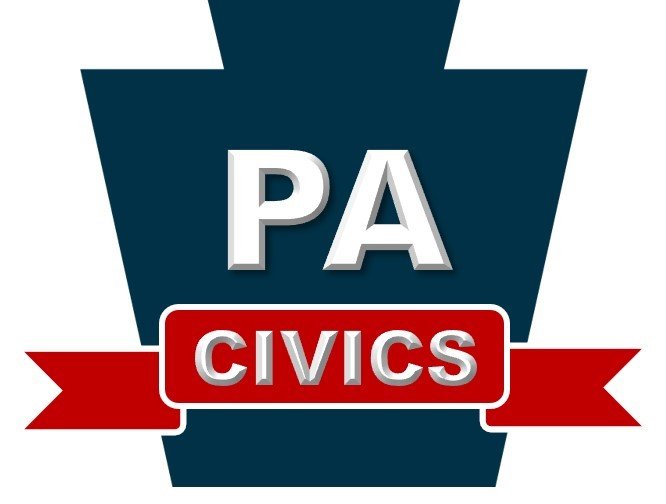Institutional & Social Transformation Pathway
This pathway is aligned to the “Institutional & Social Transformation - A Series of Refoundings?” theme on the EAD Roadmap.
This theme explores how social arrangements and conflicts have combined with political institutions to shape American life from the earliest colonial period to the present, investigates which moments of change have most defined the country, and builds understanding of how American political institutions and society changes.
Member Resources
-
Learn all about the importance of political mapping (redistricting) and submit your own map in this nonpartisan contest for a chance to win up to $5,000 in cash prizes! While the competition is currently inactive, this is still a great hands-on resource for teaching about redistricting.
In September 2018, the Committee of Seventy launched Draw the Lines PA, which became the largest known political mapping competition in the country's history. Offering significant cash prizes up to $5,000, this nonpartisan contest puts the same digital tools used by the political pros into the hands of Pennsylvania’s voters and students. Draw the Lines demonstrates that voters are can lead a process that produces far better maps and a renewed sense of civic engagement among Pennsylvanians. Visit DTL's website, to access teaching materials and stay informed about the return of the contest.
What's redistricting?
Every ten years after the federal census, states are required to redraw the boundaries of their congressional and state legislative districts to ensure they remain equal in population. Each state has a different way of redistricting, and in Pennsylvania, congressional boundaries are determined by the General Assembly while state House and Senate districts are drawn by a five-member bipartisan commission.
Middle School, High School, and College
-
The Rendell Center for Civics and Civic Engagement
Maggie’s Civics Corner is a tribute to the Rendell Center dog Maggie. Animals are a wonderful way to teach rights and responsibilities in a safe and welcoming way.
The following lessons align to this pathway:
12, 13, 14, 15, 16, 17, 24, 34, 39, 41, 42, 43, 44
K - 8
-
The Rendell Center for Civics and Civic Engagement
The Rendell Center created these interactive lessons to lead students through a simulation of an actual Supreme Court case. Lessons are carefully crafted and allow students to break down complex constitutional issues.
Each lesson begins with an overview of the facts of the actual case, followed by a brief discussion of the Supreme Court decision. Then, students are asked to take a stand “for or against” the majority decision. Once students have taken sides, they are divided into three groups: Petitioner, Respondent, and Supreme Court Justices. The groups prepare their arguments to be used during the Supreme Court simulation.
With support from The Rendell Center, lawyers and judges can be brought in to virtually work with each group. The simulation can be done over several class periods. For the more advanced groups The Rendell Center has developed mock cases that allow the students to apply several constitutional precedents.
High School
Other Helpful Resources
-
Educating for American Democracy
The EAD Roadmap is accompanied by a curated resource library put together by EAD Content Curation Task Force. These lessons and resources align to the “Institutional and Social Social Transformation in the U.S.” pathway.
K-12
-
Civics Renewal Network
These resources curated by CRN focus on landmark Supreme Courts cases, equal protection and the history of the 14th Amendment.
-
Media literacy and digital citizenship are crucial skills for civic education. These resources can help you teach this important subject matter so your students can decipher the complex media environment they live in.
Resources for Teaching Media Literacy - Civics Renewal Network
Media Literacy and Election Policy - Committee of Seventy
